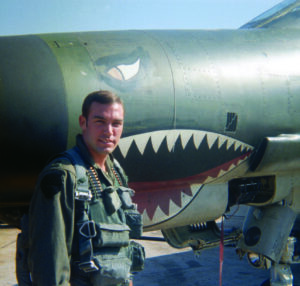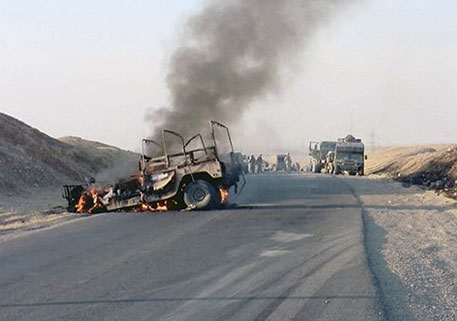
Death, especially your own, is not the most pleasant conversation topic.
“It’s something that a lot of people don’t want to talk about,” said DAV life member Richard Coe. “People find it a very difficult discussion. But the worst part of not having that discussion is you leave your spouse, your kids, your family floundering at the end game.”
Richard, who lives in Utah with his wife, Susie, knows what he’s talking about. The wife of one of his friends who recently died continues to deal with the intricacies of her late husband’s life while trying to put hers back together.
“If you don’t have that discussion early on,” Richard said, “it’s a serious, serious error.”
Richard, a former Air Force fighter pilot, has everything set for his inevitable departure date, even down to a video explaining details to his estate executor. And in his last will and testament, right along with his wife, children and other family members, is DAV.
For Richard and Susie, donating through DAV’s Personal Philanthropy Program is ideal.
“It’s one of the easiest things to do,” he said.
Richard called and spoke to a DAV gift planning expert. The Coes chose DAV because of the quantity and quality of services the organization provides to veterans. Also, through their planning expert, the Coes knew exactly where their bequest was going, which made the decision to include DAV even easier.
Other ways a person can donate to DAV include living trusts, beneficiary designations, memorials and endowed gifts. The complete list of gift planning options is listed at davplanmygift.org/wills-and-living-trusts. There is even an option to work with DAV’s partner FreeWill.com and create a no-cost will, trust or legacy in 20 minutes.
As for why you should choose DAV as a beneficiary, Richard has a good reason.
“Think about the people you were associated with when you were in the military,” he said. “Most of those are brothers and sisters. We had a connection; we were dependent on each other. Even if you have $10 in the bank when you pass, give that to a veteran.”
For more information
- Call 800-216-9802, press 1
- Email [email protected]






